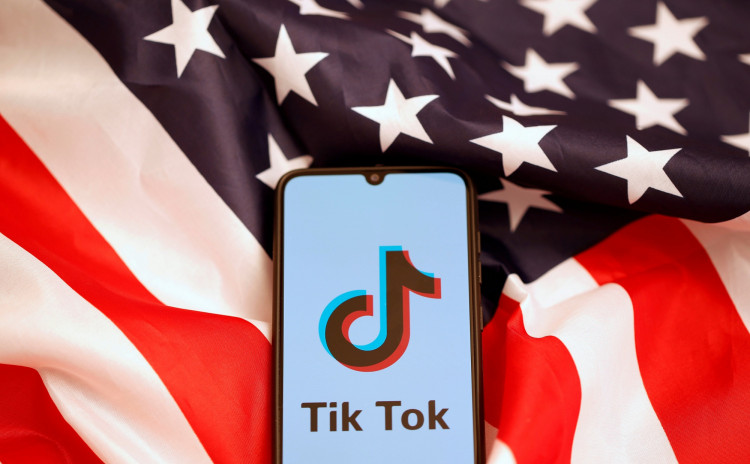As a potential nationwide ban on TikTok approaches, Chinese officials are reportedly exploring the possibility of allowing Elon Musk to acquire the platform's U.S. operations. The move comes as ByteDance, TikTok's Beijing-based parent company, faces a January 19 deadline to divest the app's U.S. operations or risk its removal from American app stores. The Supreme Court appears likely to uphold the legislation mandating the divestiture, further intensifying the need for a resolution.
Reports from The Wall Street Journal and Bloomberg suggest that Beijing's preference remains keeping TikTok under ByteDance's control. However, contingency discussions have included Musk, who owns the social media platform X, formerly known as Twitter. Musk's connections to President-elect Donald Trump, alongside his financial ties to China through Tesla's operations, position him as a unique candidate to navigate the geopolitical tensions surrounding the app.
Industry analysts estimate that acquiring TikTok's U.S. operations could cost Musk between $40 billion and $50 billion, excluding ByteDance's proprietary algorithm, which the company is unlikely to relinquish. Such a deal would offer Musk an opportunity to integrate TikTok's 170 million American users into X, potentially transforming his platform into a dominant force in digital advertising and artificial intelligence.
Musk's potential involvement reflects his alignment with Trump, who has expressed skepticism about an outright TikTok ban. Musk himself has previously stated that banning the app would contradict principles of free expression. This alignment could prove crucial as the incoming administration seeks alternatives that balance national security concerns with user demand.
The legislation requiring ByteDance to sell TikTok's U.S. operations was signed into law last year with bipartisan support. Proponents argue the move is necessary to address national security risks associated with TikTok's data practices. ByteDance has consistently denied allegations of mishandling user data or acting as an instrument of Chinese government influence, calling the potential ban an act of censorship.
If ByteDance fails to divest TikTok, the app would be removed from Apple and Google app stores, effectively curtailing its ability to attract new users or provide updates to existing ones. Analysts suggest that rival platforms such as Instagram, YouTube, and Snapchat stand to gain significantly if TikTok exits the U.S. market.
Musk's candidacy as a buyer underscores the unique intersection of business and politics that has characterized his recent ventures. His alliance with Trump, including significant financial support during the 2024 presidential campaign, could facilitate negotiations. Analysts at Wedbush Securities noted that Musk might seek outside investments to finance the acquisition, potentially structuring the deal as a joint venture rather than an outright purchase.
The Supreme Court is expected to rule on TikTok's challenge to the divestiture requirement within days. Meanwhile, the incoming Trump administration has indicated it could delay enforcement of the ban, providing additional time for negotiations or legislative adjustments.
Other potential buyers have been floated, including a consortium involving billionaire Frank McCourt and "Shark Tank" investor Kevin O'Leary. Former U.S. Treasury Secretary Steven Mnuchin also expressed interest in TikTok's U.S. operations last year. However, none of these candidates appear to offer the same strategic advantages as Musk, whose existing social media platform and technological ambitions could align seamlessly with TikTok's vast user base and content ecosystem.




